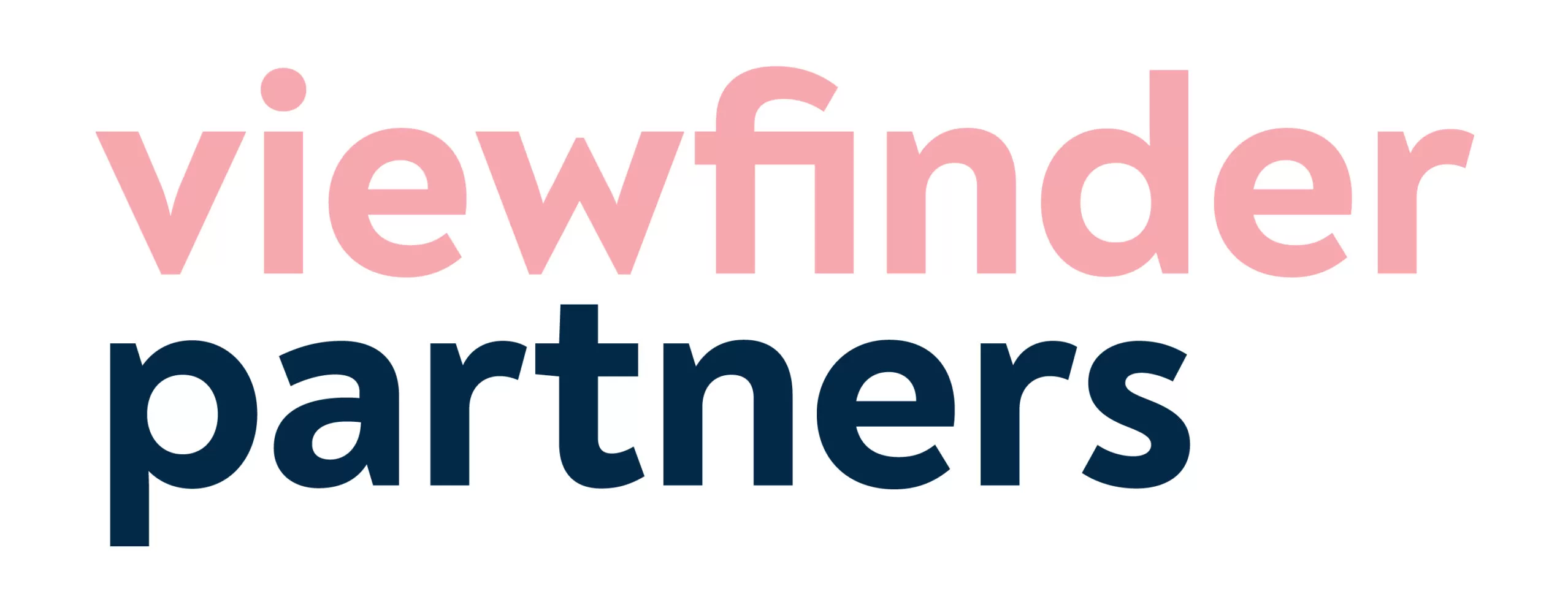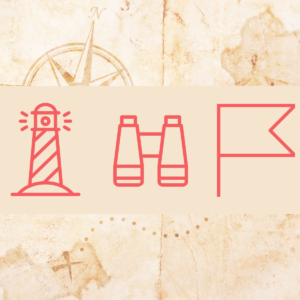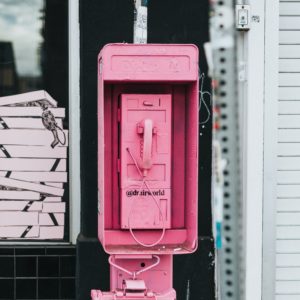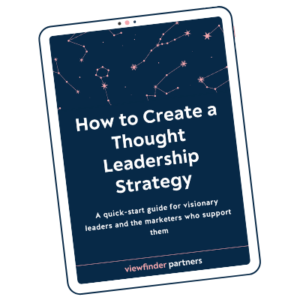My best work happens under duress.
That might sound dire — my husband and I joke that we’re going to start a game show called “Cooking Under Duress,” where contestants have to follow a complicated recipe while negotiating with very loud small children. We would win this game show every time.
But while I’d prefer not to cook under duress, I have found that creative constraints motivate me, push me into action, and frame my work. Without constraints, the options are endless and overwhelming. Constraints give us boundaries and a framework.
Deadlines. Word counts. Other people’s expectations or preferences.
You might think that creative people would all dream of a world without any creative constraints — where they have all the time, money, and space to bring their ideas to life.
But without constraints, I actually think most people’s work would suffer.
How My Work Improved When I Added Constraints
This week, I was writing about a topic I’ve been covering for years, ghostwriting for a CEO I’ve been working with for years. We had a new angle, sure, but the topic and the voice was old hat.
But, I had a new creative constraint to define and shape my work this time: a super low word count. I had to share new research and present a unique angle on this idea in a really limited container.
My word count was 750 words — which sounds generous, but it was a beast. I needed to include data, examples, and an emotional call to action.
My first draft was 1,200 words. My second draft was 1,350. Oops. After whittling it down, rethinking it, and trying again, that 750-word limit finally forced me to identify the core nugget of what I wanted to say. I had to cut all the fluff, make every word work harder, and rise to the challenge of communicating clearly and concisely. In the end, the 750-word piece was better than it was at 1,200 words.
I’ve had a similar experience on Twitter. I’ve been trying out the #tweet100 experiment (basically: get more comfortable expressing yourself on Twitter by tweeting for 100 days in a row). Drafting tweets more regularly has shown me just how verbose I am as a writer. Distilling your words into 280 characters forces you to trim your ideas into their simplest form — while still conveying some personality and tone.
Limits on my time are another primary constraint. When I became a parent almost 7 years ago, I found that there weren’t enough hours in the day, so I had to get ruthless about how I spent my time, what I said “yes” to, and how I divided my energy. The pandemic pushed that juggle into overdrive. And recently, I’ve noticed that on the days I’m very scheduled, with a lot to juggle, I actually get more done. On days when I have an empty calendar and open time stretching out before me, I find it harder to be productive and creative.
An Experiment: Try Adding Constraints
We all have plenty of constraints on our time and creative energy without adding artificial ones, but! It might be an interesting exercise to introduce new, temporary constraints to see how they change, shape, or even improve your work.
-
TIME: Could you try doing a task in half the time? Or alternately, take twice as long to do it?
-
SPACE: Could you give yourself a strict word count limit (only 50 words for this email)? Or force yourself to write more — let’s say 5,000 words about a topic you’ve been itching to explore deeper?
-
FORMAT: Sometimes switching formats can create “aha” moments. If you’re struggling to communicate an idea in writing, try making a short video of yourself explaining it. Or record your voice talking about it. Or try to draw it on paper without using words.
Constraints can make the end result simpler or grander, depending on what you need.
So if you can’t get a project off the ground, can’t say what you mean, or feel stuck, try adding a new constraint. The result might be magic.







